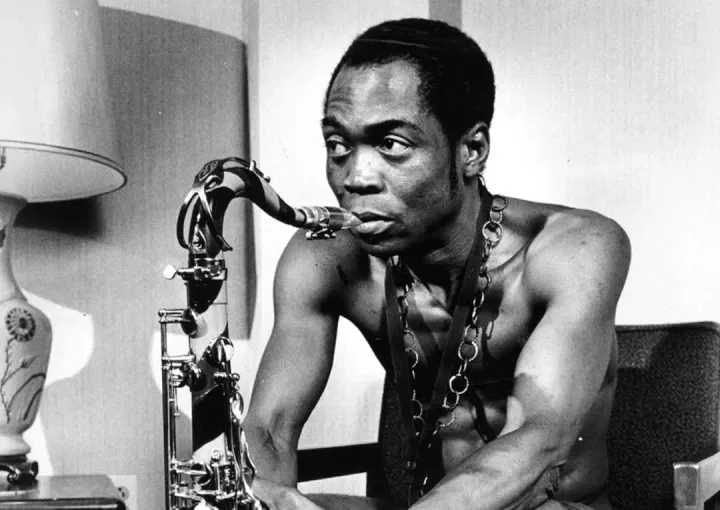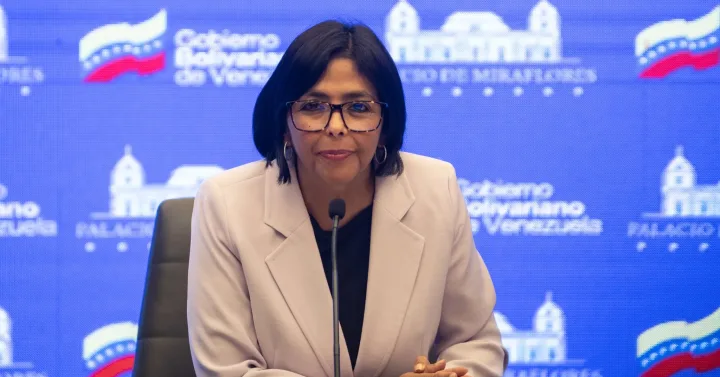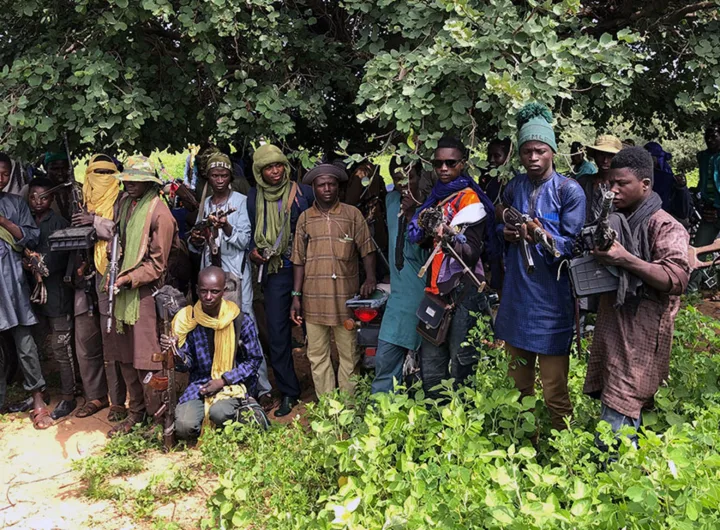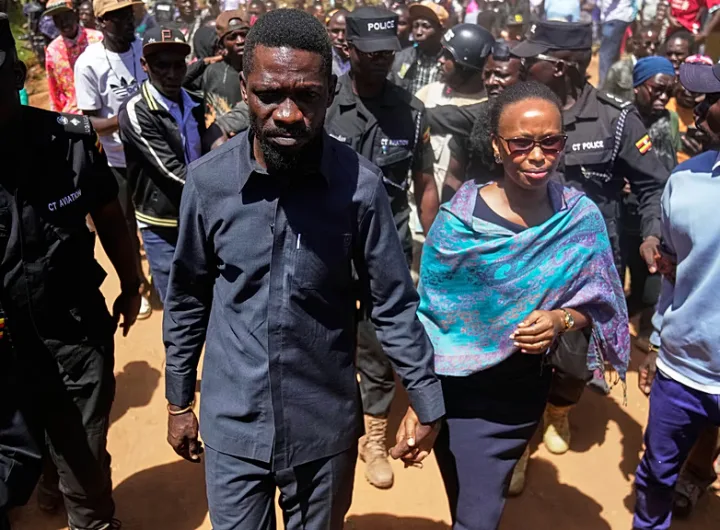
President Paul Biya votes at a primary school polling station in Yaounde, Cameroon, Saturday, October 12, 2025/AP
Paul Biya is set to be 99 years old when his eighth term concludes.
On Monday, Cameroon’s highest court confirmed that Paul Biya, who holds the distinction of being the world’s oldest sitting president, won the presidential election held on Oct. 12.
Prior to this official declaration, violent confrontations between opposition demonstrators and security personnel resulted in the deaths of at least four protesters as opposition groups gathered to call for transparent election results.
Biya, age 92, has governed the central African country since 1982. According to the Constitutional Council’s announcement, he secured 53.66% of the vote, while his opponent Issa Tchiroma Bakary, a former ally who became a challenger, obtained 35.19%.
The four fatalities occurred in Douala, the nation’s economic hub, on Sunday, during demonstrations that saw hundreds take to the streets across multiple cities.
Prior to Monday’s official results, Tchiroma had declared himself the winner, referencing tallies his party had compiled. Biya rejected this assertion.
Related: Burkina Faso’s Military Junta Criminalizes Homosexuality
Samuel Dieudonne Ivaha Diboua, the Littoral Region governor whose jurisdiction encompasses Douala, reported that multiple security personnel sustained injuries from demonstrators. He stated that no fewer than 105 protesters were taken into custody.
Online footage captured confrontations between protesters and security forces, with the latter deploying tear gas and attempting to clear demonstrators who had blocked major thoroughfares in Douala and additional cities, including Garoua and Maroua located in the northern region.
In the days leading up to the announcement, dozens of opposition party members, activists, and leaders were detained.
Paul Atanga Nji, the Minister of Territorial Administration, announced on Saturday that authorities had apprehended multiple individuals allegedly planning violent attacks.
In the period before the election, tensions escalated in Cameroon, a nation with a population approaching 30 million.
Biya’s choice to pursue yet another term provoked anger among young people and opposition groups, who have alleged his involvement in disqualifying his most formidable opponent and accused him of leveraging “state machinery” to rig the election in his favor.
One protester, Oumarou Bouba, a 27-year-old trader in Maroua, said, “I am ready to stake my life to defend my vote. I voted for Tchiroma because I want change.”
Biya’s tenure as Cameroon’s leader exceeds the lifespan of the majority of its citizens.
More than 70% of the nation’s nearly 30 million inhabitants are under the age of 35. This election represents another striking illustration of the friction between Africa’s young population and the continent’s numerous elderly leaders.
His ascension to power began in 1982 when Cameroon’s inaugural president stepped down, and he has maintained control ever since, subsequently taking advantage of a constitutional change that removed term limits.
Questions about Biya’s health have consistently been a subject of public discussion, as he allocates the majority of his time to Europe, delegating administrative responsibilities to senior party members and relatives.
Detractors charge that Biya has steered Cameroon from an era of comparative stability into an age marked by crisis and turmoil.
In recent years, the nation has endured assaults by Boko Haram militants in its northern territories and a separatist rebellion in the English-speaking North West and South West regions.
This crisis, which was sparked by governmental efforts to enforce French language use in English-speaking educational institutions and judicial systems, has claimed nearly 7,000 lives, forced over one million people from their homes within the country, and caused thousands to seek refuge in neighboring Nigeria.
Although Cameroon produces oil and is witnessing moderate economic expansion, young citizens assert that the advantages have remained confined to the elite class. World Bank statistics indicate an unemployment rate of 3.5%, yet 57% of workers between 18 and 35 years old are engaged in informal employment.

 Fela Kuti Becomes First African Artist To Receive Posthumous Grammy Lifetime Achievement Award
Fela Kuti Becomes First African Artist To Receive Posthumous Grammy Lifetime Achievement Award  Venezuela Rejects US Interference, Says Interim Leader Rodríguez
Venezuela Rejects US Interference, Says Interim Leader Rodríguez  Governor Soludo Shuts Down Onitsha Main Market For One Week Over Sit-At-Home Defiance
Governor Soludo Shuts Down Onitsha Main Market For One Week Over Sit-At-Home Defiance  Pastor And Three Daughters Kidnapped By Bandits In Kaduna village
Pastor And Three Daughters Kidnapped By Bandits In Kaduna village ![Donald Trump, the US President, displays a signed founding charter for the Board of Peace at the World Economic Forum in Davos, Switzerland, on January 22, 2026 [AFP]](https://www.lionscrib.com/wp-content/uploads/2026/01/image-23-720x513.webp) What You Should Know About Trump’s New Board Of Peace
What You Should Know About Trump’s New Board Of Peace  30 Killed In Ugandan Post-election Violence
30 Killed In Ugandan Post-election Violence